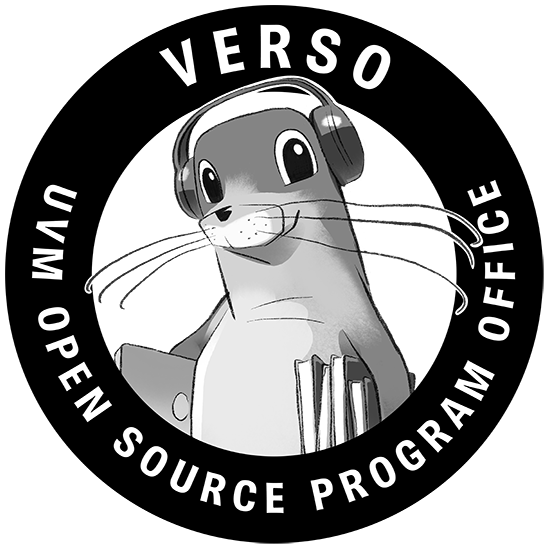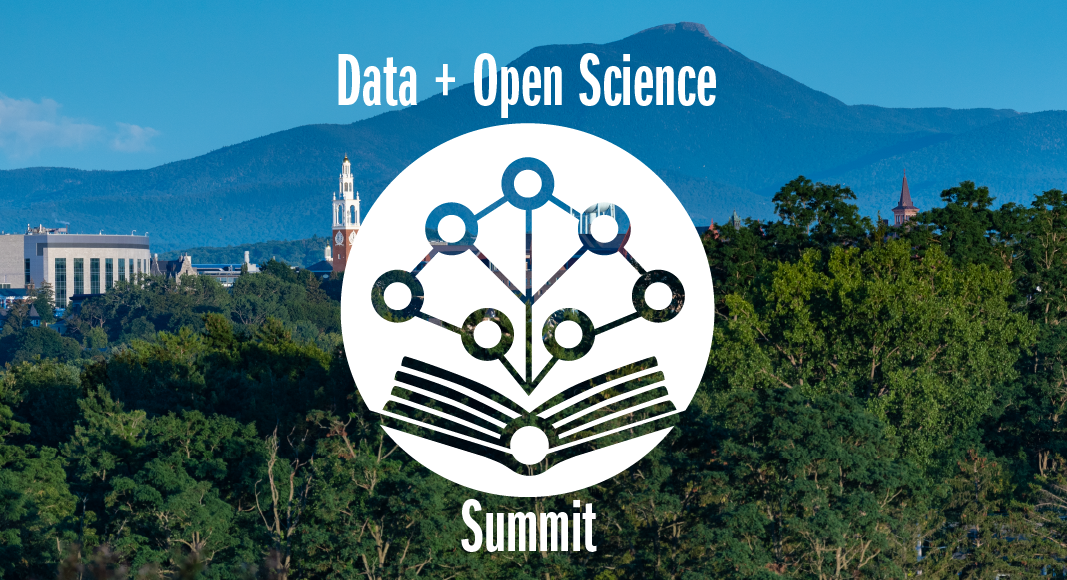
The Data + Open Science Summit at UVM, hosted by the UVM Library, Vermont Research Open Source Program Office (VERSO), the Graduate College and the Office of the Provost with instructional support from NASA and the Software Carpentries, supports UVM’s commitment to transparent, collaborative, and accessible research.
This free event offers faculty, graduate students, postdocs, and staff the opportunity to engage with trainings and workshops on data management planning, empowering researchers to maximize the impact of their work.
What are the Details?
When: January 7-9, 2025
Attendance Options: In-person, only open to current UVM students, staff or faculty
Location: On the University of Vermont campus in the Hills Agricultural Building (also known as the Patrick Leahy Building) and the Given Medical Complex
Format: Multi-Track with invited speakers, workshops and an Unconference
Schedule: 8:00am – 4:30pm January 7 & 8 (EST) and 9am-12pm (EST) Jan 9th
Cost: Free to attend, pre-registration is required
What are the Topics?
The Data + Open Science Summit, a joint event hosted by NASA, VERSO, and the UVM Library, will offer a comprehensive exploration of open science and data practices including:
- NASA Open Science 101
- Software Carpentry R for Reproducible Scientific Analysis
- Data analysis methods
- Qualitative and quantitative insights
- Machine learning
- Data visualization
- Research communication
- Open Science and Data Management Plan (OSDMP)
Registration
Due to the multi-track nature of this conference and limited space for each track, please register for the events that you wish to attend!
Registration is now closed!
Schedule
January 7 (Day 1) – NASA Open Science/Software Carpentries R
| Leahy Entry Connector | Marsh Life Science 235 (Benedict Auditorium) | Leahy 102 | |
| 8:15 – 9:00 | Registration/Coffee and Continental Breakfast | ||
| 9:00 – 9:30 | Opening Remarks | Software Carpentries – R for Reproducible Scientific Analysis – Patrick Payne | |
| 9:30 – 10:30 | NASA – Open Science 101 – CJ Johnson and Katherine Blanchette | Software Carpentries – R continued | |
| 10:30 – 10:45 | Break | ||
| 10:45 – 12:00 | NASA – Open Science continued | Software Carpentries – R continued | |
| 12:00 – 1:00 | Lunch | ||
| 1:00 – 2:00 | NASA – Open Science continued | Software Carpentries – R continued | |
| 2:00 – 2:15 | Break | ||
| 2:15 – 4:30 | NASA – Open Science continued | Software Carpentries – R continued |
January 8 (Day 2) – Presentations and Workshops
| Leahy Entry Connector | Leahy 102 | Leahy 235 | Leahy 220 | Leahy 237 | |
| 8:00 – 8:30 | Coffee and Snacks | ||||
| 8:30 – 9:00 | Opening Remarks | ||||
| 9:00 – 10:00 | Data analysis methods overview by Maria Sckolnick | ||||
10:00 – 10:30 | Research Communication – Lakelyn Taylor | ||||
| 10:30 – 10:45 | Break | ||||
| 10:45 – 11:30 | Assessing the Quality of Data Analysis – Maria Sckolnick | Workshop – NASA Open Science and Data Management Plan – Fred Kepner and Paul Bremner | |||
| 11:30 – 12:30 | Open Science Case Study: Post Secondary Course Catalogs – Juniper Lovato | NASA Workshop continued… | |||
| 12:30 – 1:30 | Lunch | ||||
| 1:30 – 4:30 | Workshop – Data Visualization in Metagenomics by Emily Guswa | NASA Workshop continued… | Workshop – Qualitative Methods by Meghan Cope | Workshop – Designing Charts and Graphs by Kristin Florian |
January 9 (Day 3) – Unconference
A half-day unconference is a flexible, participant-driven event where attendees shape the agenda and engage in collaborative sessions on topics they’re passionate about. Unlike traditional conferences with preset schedules and speakers, an unconference invites attendees to propose session ideas and then self-organize around these sessions.
| Leahy Entry Connector | Leahy 102 | Leahy 220 | Leahy 237 | |
| 8:15-9:00 | Coffee and Continental Breakfast | Voting on Unconference Tracks | ||
| 9:00-10:30 | Session 1 | Session 2 | Session 3 | |
| 10:30 – 10:45 | Break | |||
| 10:45-12:00 | Session 4 | Session 5 | Session 6 |
Session Details and Resources
NASA – Open Science 101
Be sure to register on https://openscience101.org/ in advance of the event, you will need a UVM email address to enroll and we request an ORCID so you will receive credit. We will be covering Module 1 & 2. A laptop is required to participate.
Software Carpentries – R for Reproducible Scientific Analysis
Participants must bring a laptop with a Mac, Linux, or Windows operating system (not a tablet, Chromebook, etc.) that they have administrative privileges on. One should have a few specific software packages installed (listed here).
NASA Open Science and Data Management Plan (OSDMP) Workshop
PRE-WORK: You have been (or will be) assigned to a small group prior to the Jan 8th workshop. Each group must develop a brief fictional research proposal with a title and a short (a paragraph) description and add it to the appropriate document here: https://drive.google.com/drive/folders/1Py1RP6XbH_bjgB3NgGHKHuyGk1obXbAK?usp=drive_link.
During the workshop each group will work together to write the Data, Software, and Results sharing plans that make up the OSDMP. A laptop is required to participate.
Learn more about Open Science and Data Management Plan (OSDMP): https://www.earthdata.nasa.gov/engage/data-management-guidance/create-maintain-open-science-data-management-plan
Workshop – Data Visualization in Metagenomics by Emily Guswa
In the Data Processing and Visualization Workshop on Day 2 attendees will explore the taxonomy and diversity of supplied metagenomic samples. RStudio will be used to analyze and plot taxonomic assignments and abundance information as well as assess sample diversity. R, RStudio, and the following R libraries will be needed for the lessons. Please try to install these prior to the workshop.
- Install R by downloading and running the appropriate .pkg file from CRAN for your machine.
- Install RStudio IDE
- Install the following four packages from RStudio
- library(“phyloseq”)
- library(“ggplot2”)
- library(“RColorBrewer”)
- library(“patchwork”)
These packages may be installed using the following commands:
if (!requireNamespace(“BiocManager”, quietly = TRUE))
install.packages(“BiocManager”)
BiocManager::install(“phyloseq”) # Install phyloseq
install.packages(c(“RColorBrewer”, “patchwork”)) #install patchwork to chart publication-quality plots and readr to read rectangular datasets
Map
This event will be held in the Leahy/Hills Agricultural Building and the Marsh Life Building. Public parkin

The Marsh Life and the Leahy/Hills building are connected through an atrium on the 1st floor of Leahy/Hills and the second floor of Marsh Life (they are built on a hill) so be sure to exam the maps below to know where to go.
Registration, breaks and food will be served in the Leahy Entry Connector.
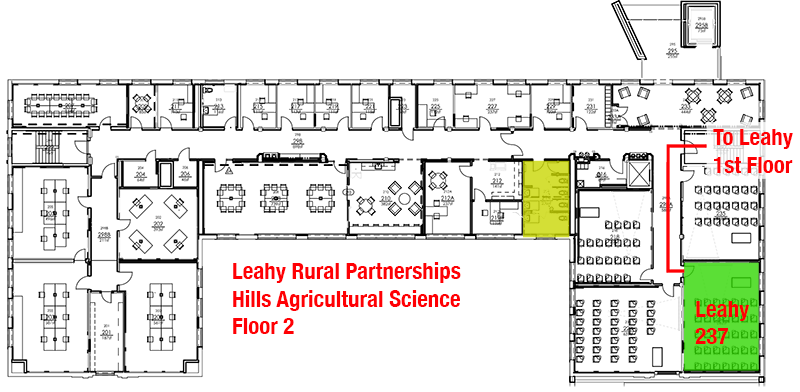
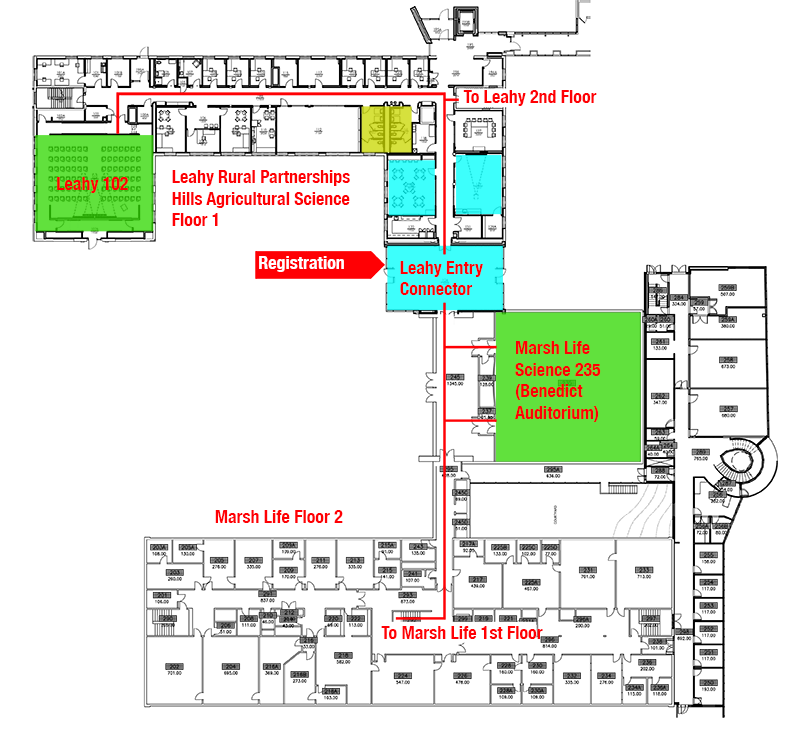
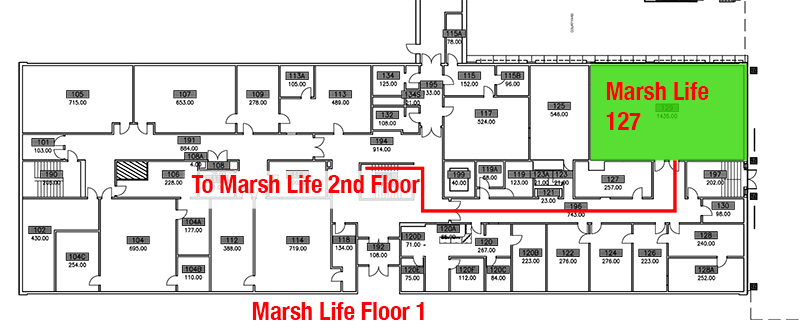
Speakers

Katherine Blanchette
Department Head - Partnerships, Outreach, and STEM Support
Deputy Project Manager (ARC) - Transform To Open Science (TOPS) OS101
Amentum @ NASA Ames Research Center)

Paul Bremner
Research Scientist - Heliophysics and Planetary Science Branch
Project Scientist - Transform to Open Science (TOPS)
NASA Marshall Space Flight Center
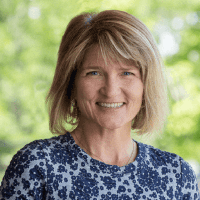
Meghan Cope
Professor - College of Arts and Sciences
University of Vermont
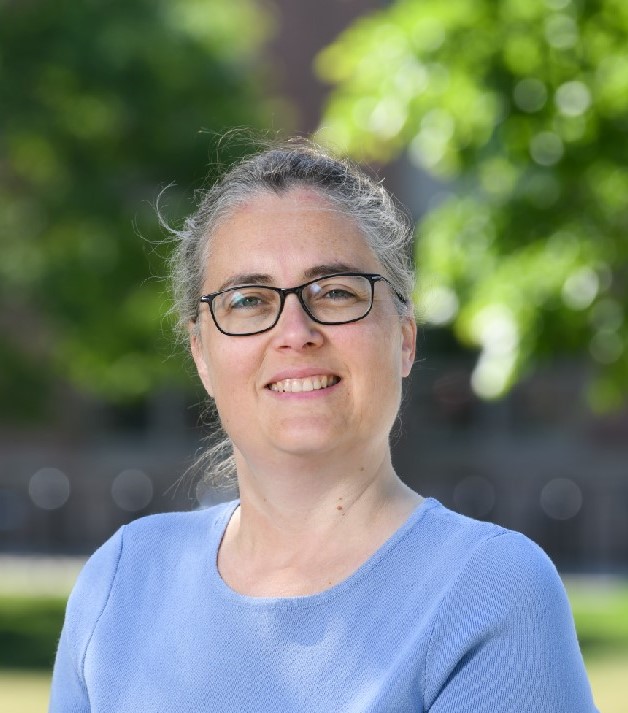
Kristin Florian
Data Visualization Specialist
University of Vermont
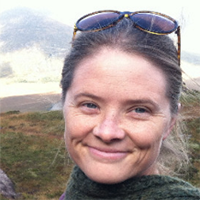
Emily Guswa
Bioinformatics Analyst
University of Vermont

Christina (CJ) Johnson
Chief - Space Biosciences Research Branch
Director - Spaceflight Technology, Applications, and Research (STAR)
Project Manager (ARC) - Transform To Open Science (TOPS)
NASA Ames Research Center

Fred Kepner
Program Analyst - Strategic Management Office
Educational Specialist - Transform To Open Science (TOPS)
NASA Marshall Space Flight Center
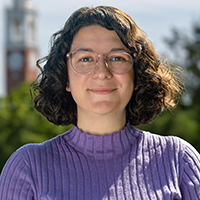
Juniper Lovato
Assistant Professor Computer Science Vermont Complex Systems Institute University of Vermont
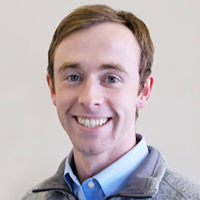
Patrick Payne
Clinical Data Analyst, Anesthesiology
University of Vermont
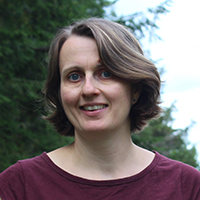
Maria Sckolnick
Statistical Software Support and Consulting
University of Vermont Libraries
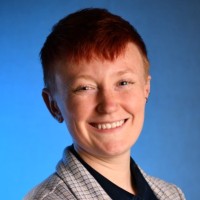
Lakelyn Taylor
CIROH Postdoctoral Scholar
University of Vermont
Sponsors
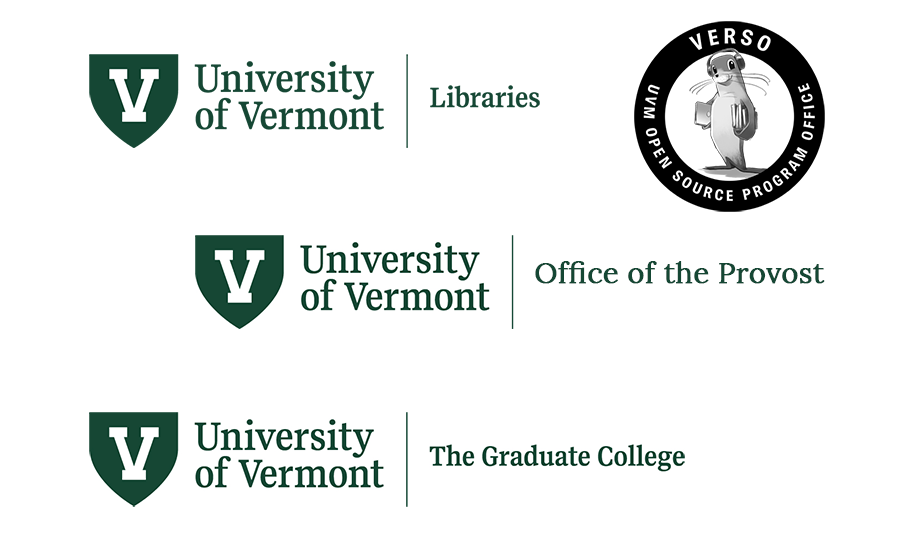
Instructional Supporters

NASA
Code of Conduct
This event is under the University of Vermont Code of Conduct.
The University of Vermont is committed to continually strengthening its ethical culture. From the University’s motto of “Studiis et Rebus Honestis” (Integrity in Theoretical and Practical Pursuits) to our values stated in “Our Common Ground”, we are all expected to perform our jobs and to conduct business in an ethical and compliant manner. All University personnel have a shared responsibility to the University, to those we serve, to our community and to each other.
